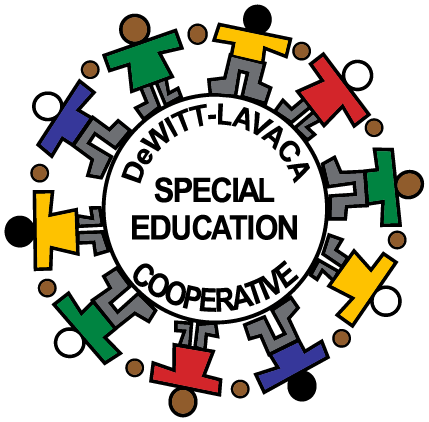Mrs. Hanson shared the following update on her class's recent hands-on study of the life cycle of a chicken:
In our class, we embarked on an exciting journey to learn about the life cycle of a chicken. Students had the unique opportunity to hatch their own chicks, which brought the process to life in a hands-on way. Over the course of 21 days, we observed the stages of a chicken's development, from fertilized egg to hatching. Students eagerly watched as the chicks began to peck through their shells, learning about the different phases in the life cycle, including the egg, embryo, and chick stages.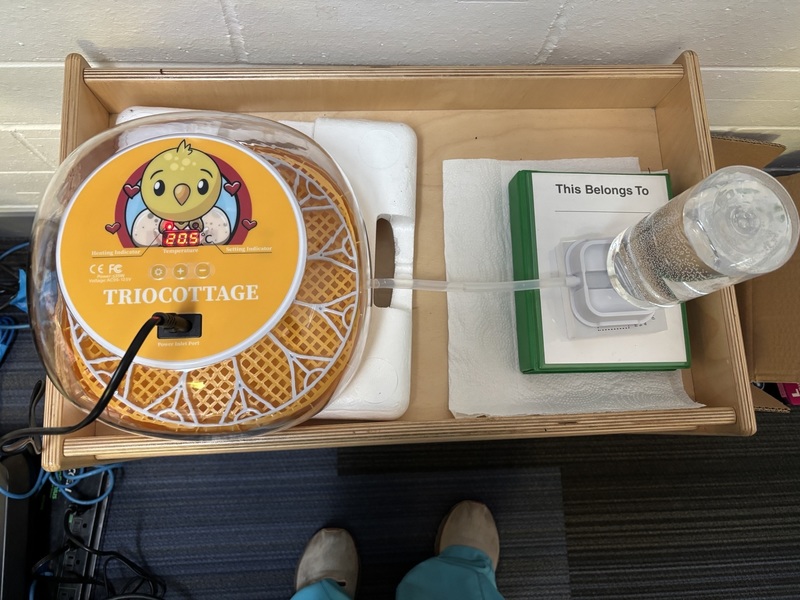


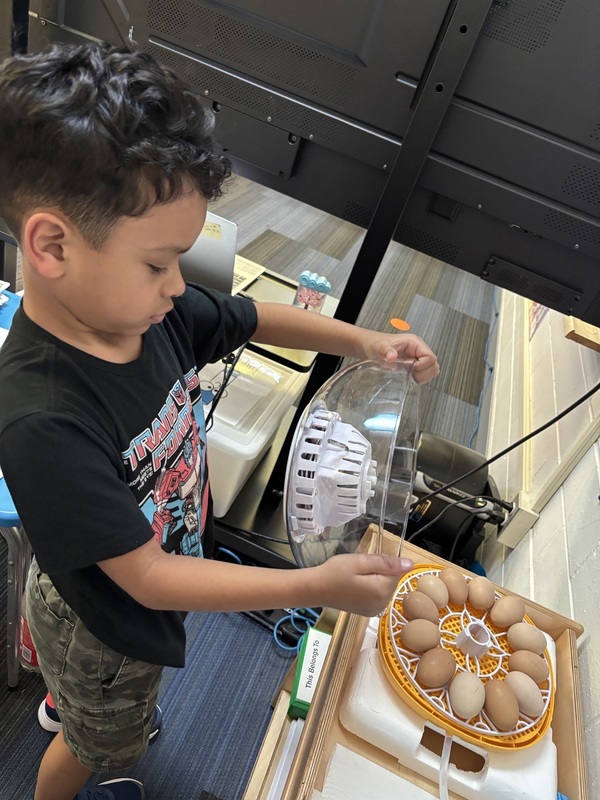
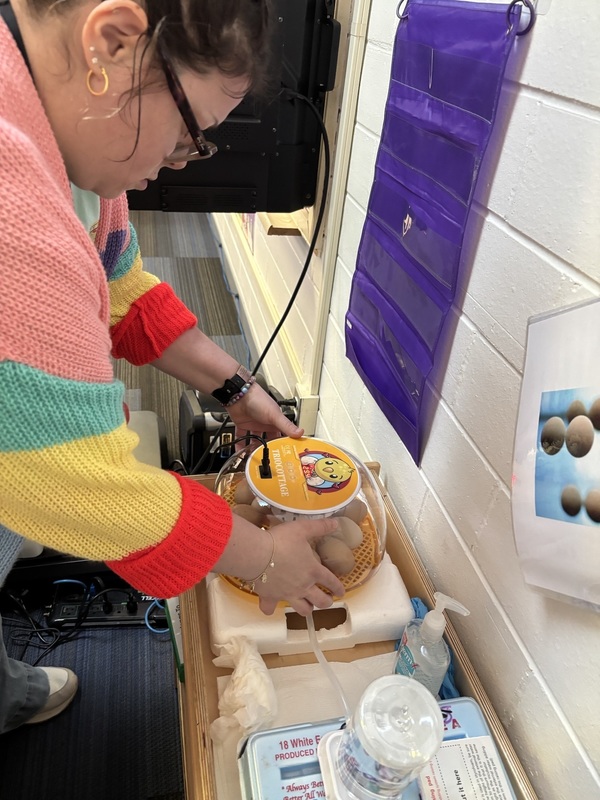
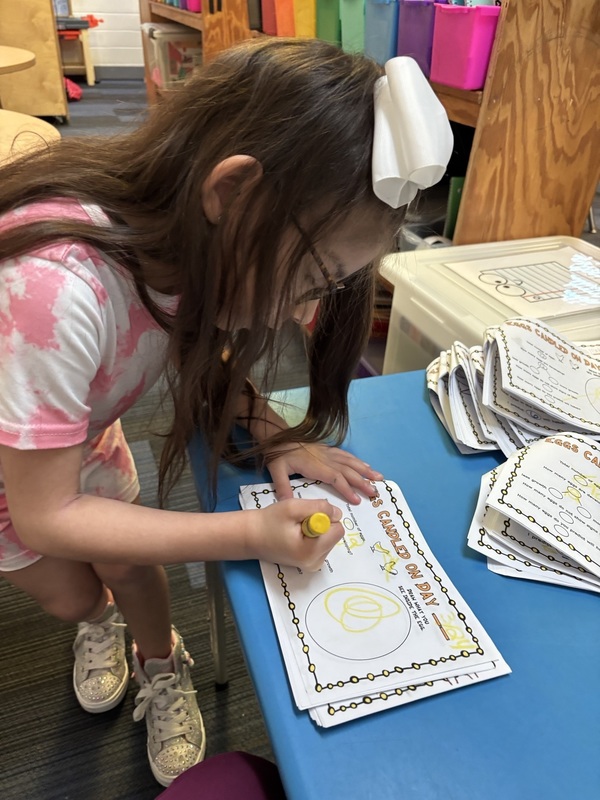

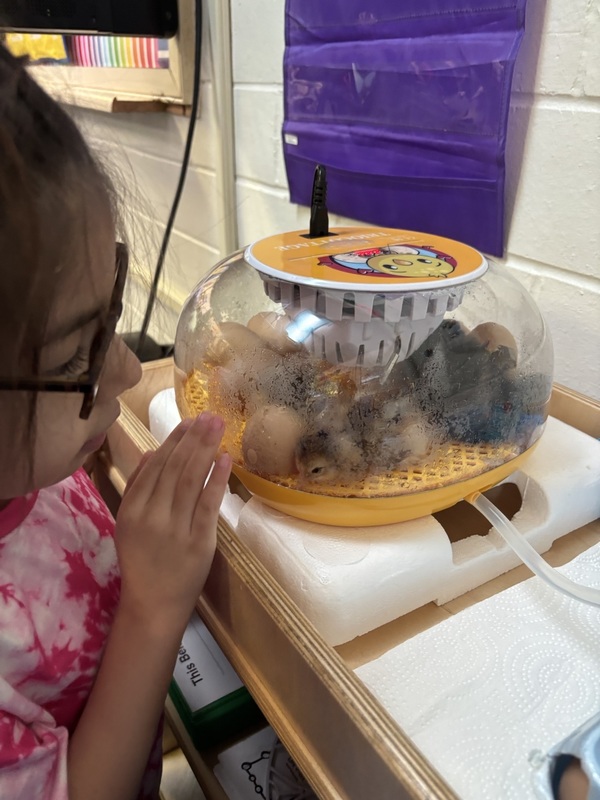





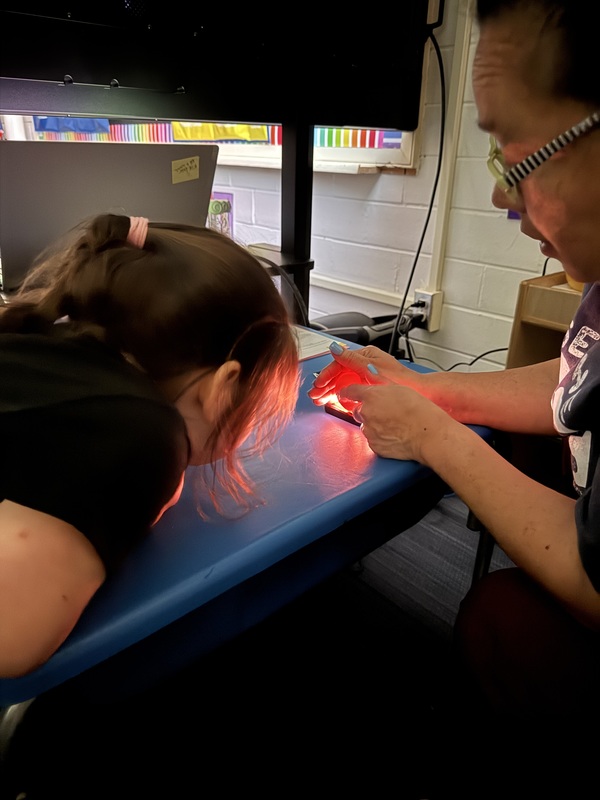
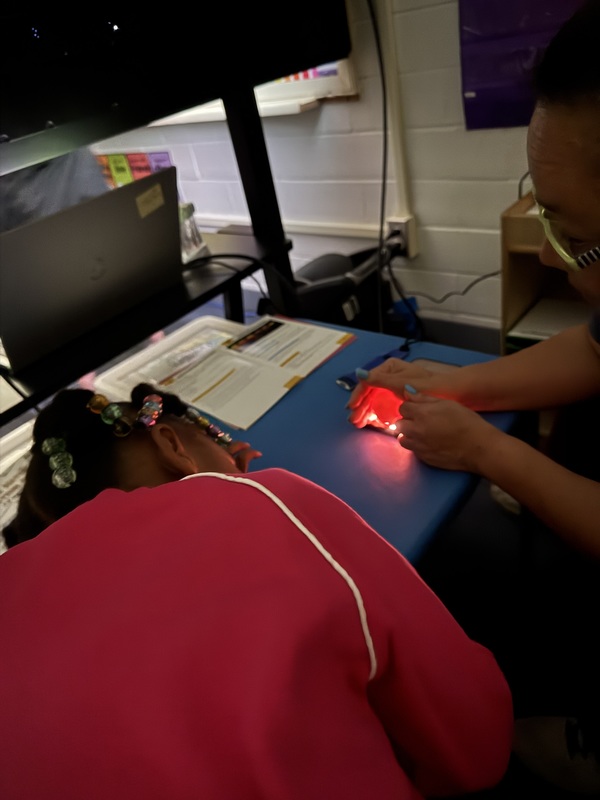


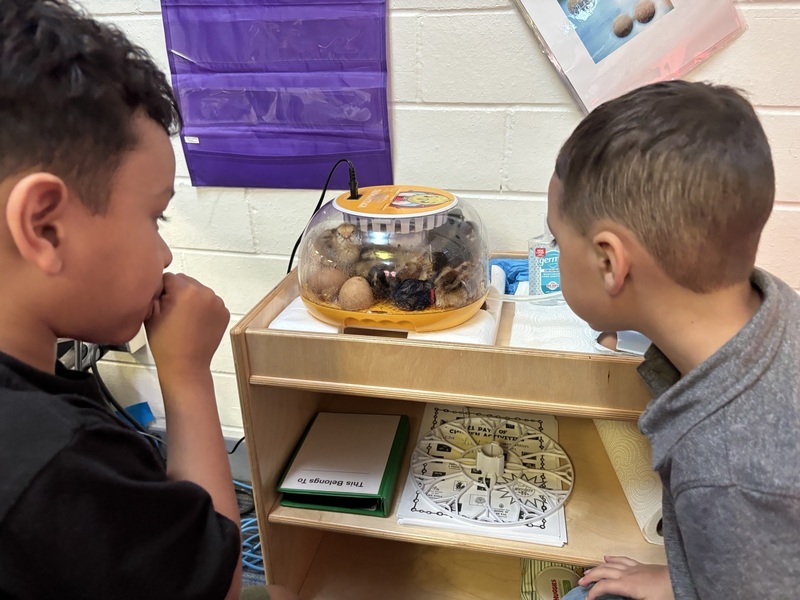

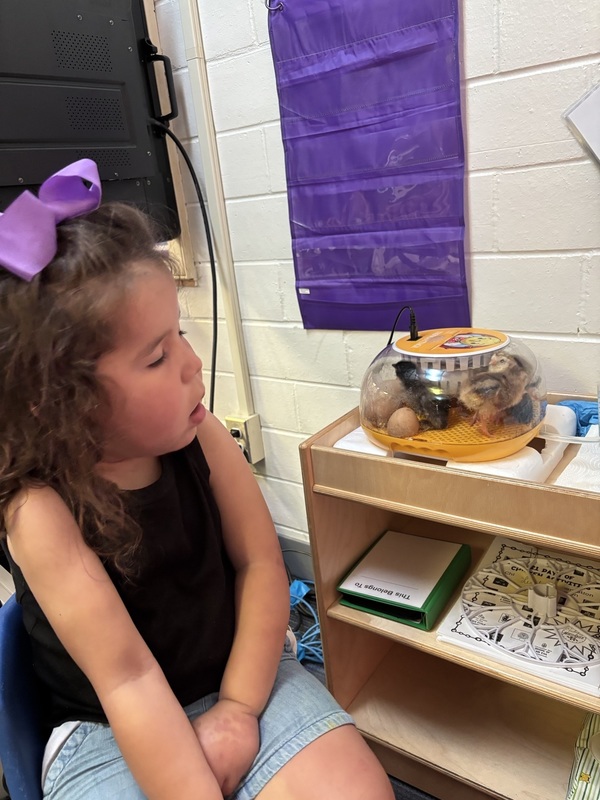
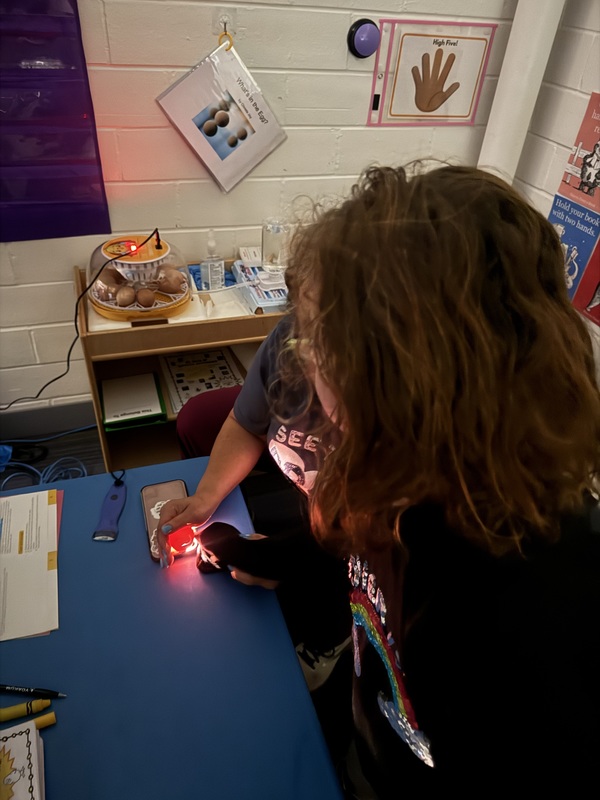

In addition to learning about biology, this experience also emphasized responsibility and life skills. Each student took part in the care of the eggs and chicks, ensuring they were kept warm and safe throughout the incubation process. This hands-on responsibility helped students develop time-management skills, teamwork, and empathy as they cared for living creatures. By the end of the project, students not only deepened their understanding of science but also gained valuable lessons in nurturing and respecting life.
